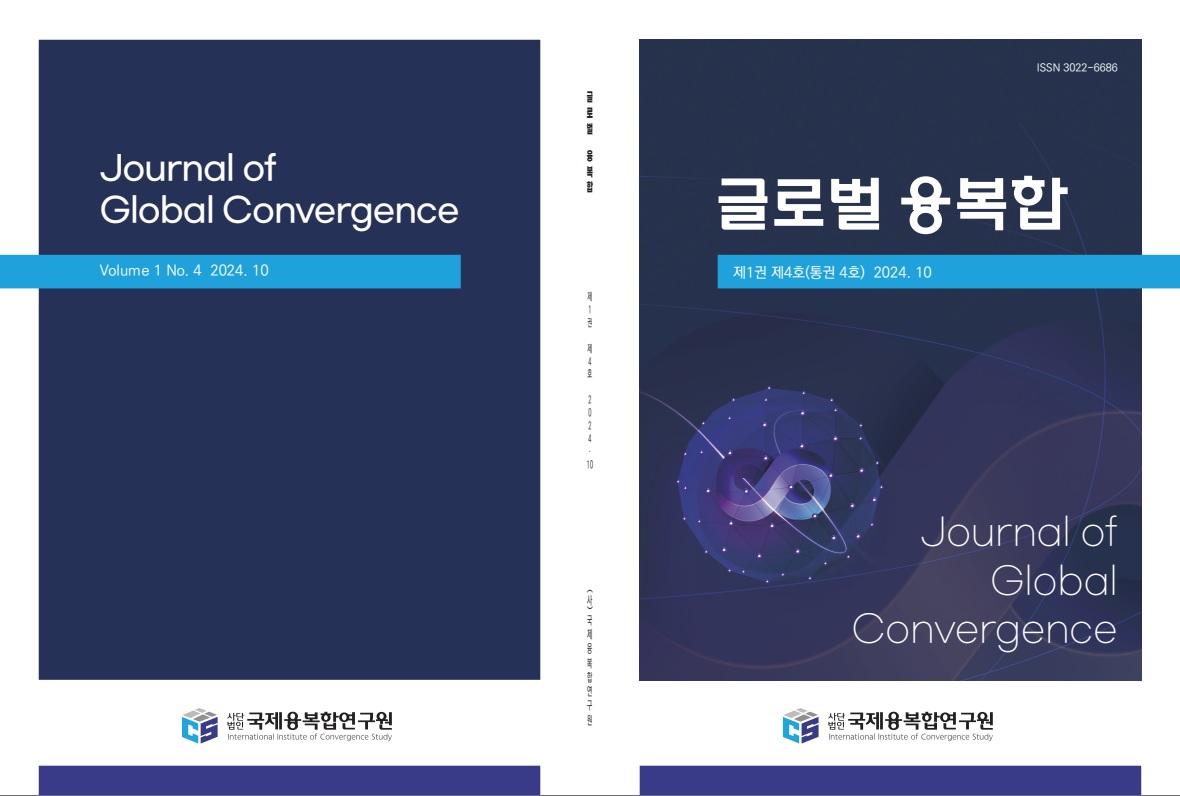동북아시아 안보환경 변화에 따른 한국군 군사 드론 운용 독트린 발전 방향: 군사기만(MILDEC) 개념을 중심으로
Development of South Korean Military Drone Operational Doctrine in Response to Changing Northeast Asian Security Environment: Focusing on Military Deception (MILDEC) Concepts
저자
박재현
Jae-Hyun Park
Jae-Hyun Park
수록페이지
p.296-306 (11pages)
조회수
470
다운로드
11
- 창간연도
- 2024년 1월
- ISSN
- (Print)3022-6686 , (Online)3022-6651
- 수록권호
- 제2권 2호 (통권 6호)
- 발행일
- 2025.04
- 수록논문
- 30 articles
- 유형
- 학술저널
- 주제
- 사회과학, 자연과학, 예술체육학, 복합학
- 발행기간
- 2024.01 ~ 2026.01
- 발행주기
- 연 4회(계간)
- 총 권호 수
- 8 volumes
- 총 논문 수
- 100 articles
키워드
초록
This study explores the development of South Korean military drone operational doctrine in response to the increasing importance of military drones in the rapidly changing Northeast Asian security environment, with a particular focus on integrating Military Deception (MILDEC) concepts. Analysis of military drone capabilities and threats from North Korea, China, and Russia revealed that North Korea is enhancing the quality of its threats through the development of strategic drones such as the ‘Saetbyul’ series while acquiring practical lessons from Russia; China is pursuing systematic drone operations under the concept of ‘Intelligentized Warfare’; and Russia is demonstrating adaptive doctrinal development based on combat experiences in Ukraine. While the South Korean military has made visible efforts through the establishment of the Drone Operations Command and the development of advanced platforms, it was found that practical operational doctrine development has not kept pace with hardware acquisition, and several challenges remain in implementing joint operations. In the trend toward ‘battlefield transparency’ in modern warfare, this study demonstrates that military deception is a key concept for enhancing force survivability and securing asymmetric advantages, with drones serving as optimal means to effectively implement this concept. Based on these findings, this study proposes policy recommendations including: completing joint drone operation doctrine explicitly integrating military deception, establishing dedicated drone-based military deception organizations, developing and verifying practical tactics, techniques, and procedures (TTPs), enhancing substantive jointness in the Drone Operations Command, strengthening command and control with AI and electronic warfare capabilities, and establishing a continuous threat assessment and doctrinal adaptation system.참고문헌 (0)
- 이전논문한국 주도의 동북아 기후 안보 군사협력체계 구축 방안: 기능적 협력을 통한 지역 안정화 모색 Establishing a South Korea-led Climate Security Military Cooperation System in Northeast Asia: Pursuing Regional Stability through Functional Cooperation
- 다음논문중국의 대한국 정보전 및 영향력 작전 대응을 위한 회복탄력성 강화 전략: 정보환경에서의 국가안보 패러다임 전환 Strengthening Resilience Against Chinese Information Warfare and Influence Operations Targeting South Korea: A Paradigm Shift in National Security within the Information Environment
 (사)국제융복합연구원
(사)국제융복합연구원